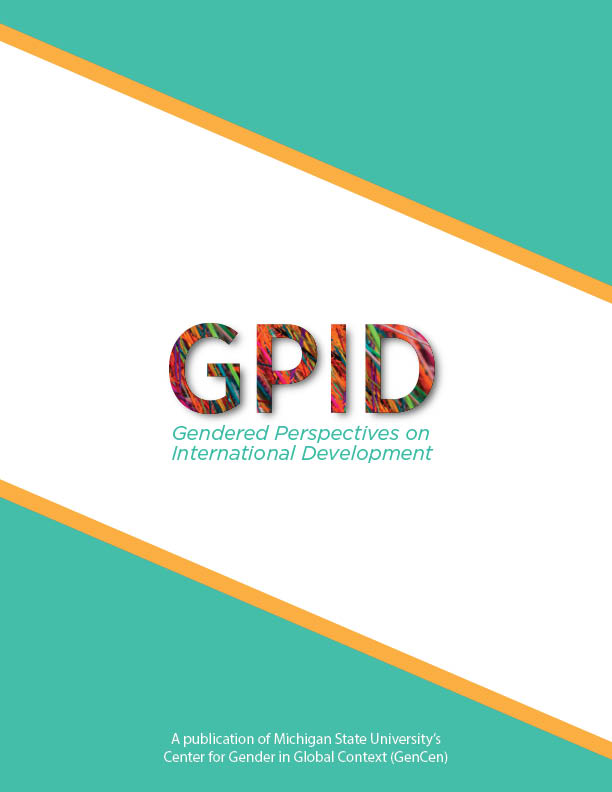The Role of Water, Sanitation, Hygiene, and Gender Norms on Women’s Health: A Conceptual Framework
Abstract
While the health impact of poor water, sanitation, and hygiene (WASH) conditions on children have been well documented there has been less focus paid to its adverse impact on women’s well-being and health (Caruso et al. 2015). In this paper, I highlight the health burden of water and sanitation insecurities for women by proposing a conceptual framework for understanding WASH-related diseases from a gender perspective, focused primarily on resource poor countries. The framework draws on feminist perspectives to examine how WASH insecure communities constrain women’s functionings and capabilities (Sen 1993). I identify eight different social-cultural pathways that fall into two synthetic constructs – gendered relations in the household and gendered presentation of the body - because they illustrate how social and cultural norms may burden women and put them at their risk of exposure to a variety of WASH-related diseases. By using the Critical Interpretive Synthesis methodology (Seers 2015; Tong et al. 2012; Barnett-Page and Thomas 2009; Dixon-Woods et al. 2006a ) I draw on research from the fields of epidemiology, medicine, and social sciences to develop this conceptual framework that connects WASH-related diseases to gender norms that oppress women. This gender analysis suggests providing women with direct financial assistance to purchase sanitary material; collecting sex-disaggregated data on sanitation access and on the health impact of gendered WASH related tasks could improve quality of life for those living with poor water and sanitation conditions.
Published
Issue
Section
License
Copyright (c) 2024 Rita Jalali

This work is licensed under a Creative Commons Attribution-NonCommercial-NoDerivatives 4.0 International License.
Gendered Perspectives on International Developement is published under a Creative Commons Attribution-NonCommercial-NoDerivatives 4.0 International License. Authors of accepted papers will be required to sign an author publishing agreement.

